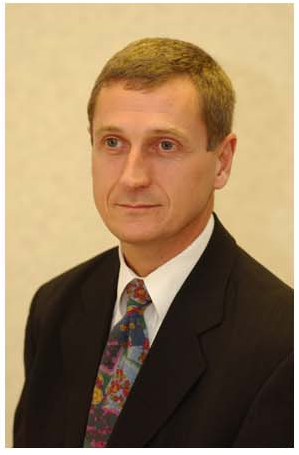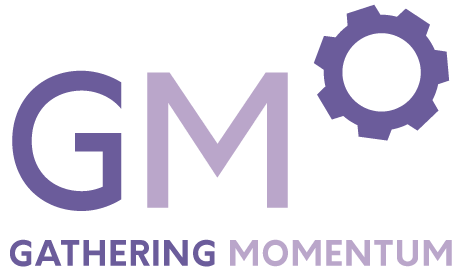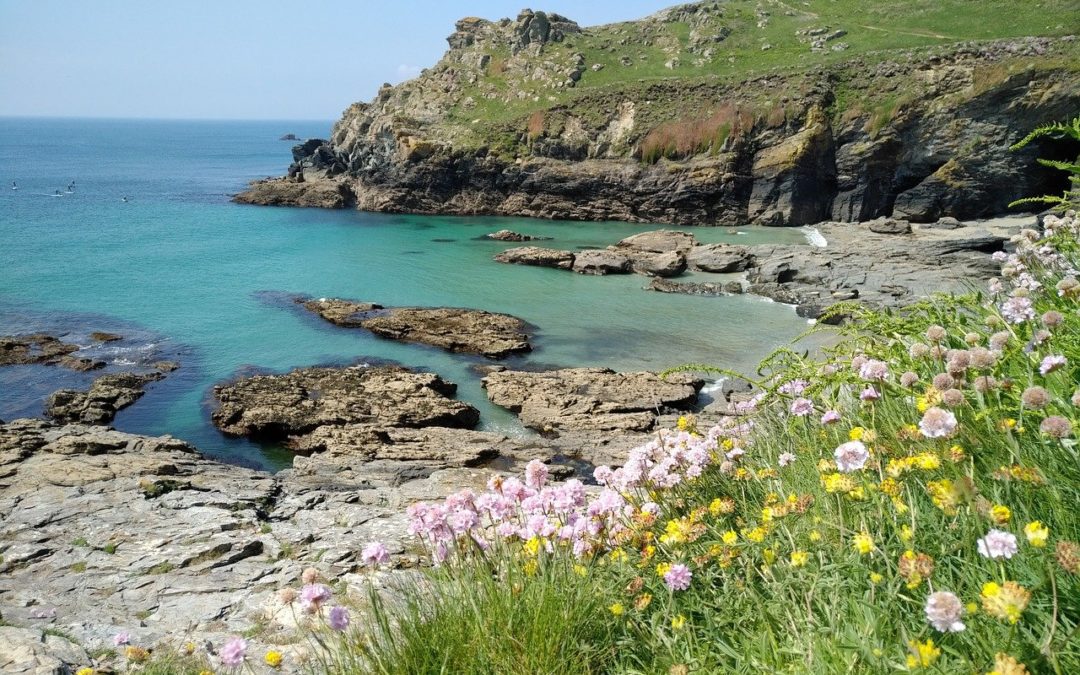Cornwall’s CRM Champion
Meet Paul Wiscombe, Gathering Momentum’s senior CRM consultant. He has over 25 years of experience managing CRM and IT projects and has worked with organisations and businesses of varying size and purpose. Living in the picturesque region of Cornwall, he has a great appreciation of his natural surroundings. He soon plans to further pursue his passions for gardening and conservation. I was fortunate enough to be able to catch up with Paul on a video call to gain an insight into his experiences through discussing his career and personal interests.
1. Can you tell me about your role as Gathering Momentum’s senior CRM consultant?
I help clients understand how CRM systems can benefit their business, and what this might involve. I then guide and assist them through the requirements process.
When I’m managing projects, my role includes understanding the characteristics of organisations, and how they operate, gathering requirements and then proposing several CRM systems for the client to choose. I then, manage the implementation process with the assistance of the project team. Managing all these separate components throughout projects can feel a bit like conducting an orchestra.
2. I understand you have 25 years of experience working in the industry. What was it that first attracted you to CRM?
At the time I was the direct marketing manager for a UK business using a bespoke marketing database. I was involved in both specifying a replacement CRM system and selecting a solution provider. I was then headhunted by a rival organisation to implement their CRM system.
I realised just how much CRM systems, if implemented properly, could really help organisations in many different aspects. It was instantly something I wanted to learn more about in order to take full advantage.
3. What were the main differences you found between managing large multi-national companies and local micro-businesses?
All businesses want certain CRM basics such as storing names, addresses and contact history, etc. The difference is in the scale, complexity and nuance of each organisation. Local micro-businesses generally don’t need a complex system, whereas large organisations often require more features having multiple systems to integrate with. But every business is unique, even within the same vertical market, virtually all CRM systems end up being bespoke to some extent.
4. In the project journey, how does research and selection differ from managing implementation? What are the main challenges with both?
Whilst it varies depending on the size of the business, overall I probably spend about half my time on each.
For research and selection, I must get under the skin of the organisation. I can then understand where and how a CRM system might help. Following that, I pull together the requirements and research the marketplace. I then provide a range of solutions that best fit the clients’ needs. There’s internal work to organise such as data cleansing and business processes to review. Then there’s the development team to manage.
The biggest challenge in most projects is in keeping to plan. CRM projects of any reasonable size have unknowns which you just can’t predict. While it’s good to have a plan, they’re nothing more than guesstimates at best and we should never consider them as cast in stone. Controlling budget and scope is a lot easier than controlling project timelines.
5. As a project lead, what do you look for most in those working alongside you?
I really appreciate competence, reliability and dedication. You need to be able to trust those you work with to get on with the job and know what they’re doing. If you constantly need to micro-manage them, then I don’t think that works for either party.
I also think genuinely enjoying your work is very important. Since leaving full time education, I’ve appreciated each job I’ve taken on. But I also believe it’s important to do work that you believe makes a difference. If I didn’t feel enthusiastic about a job, then I wouldn’t do it.
6. I understand you’re very enamoured with Cornwall. What is it you like most about living there?
I love the pace of life, the beaches, the countryside and the lack of traffic outside the school summer holidays. Not to mention Cornish accents. I also appreciate the Cornwall Council for being the leading council in England on tackling climate change.
7. In what ways does Cornwall Council try to tackle climate change?
They’ve got multiple projects running and have been very proactive about trying to get involved with communities and small businesses. They’re spearheading their own projects internally, for example converting all vehicles they use to run on electricity instead of petrol and diesel.
There are lots of other ways I think they’ve been exemplary and their leadership in that was recognised when Boris hosted the G7 summit in Carbis Bay last year.
8. Is the preservation of your local environment a particular concern for you and how do you feel it’s being impacted by climate change?
I wouldn’t say it’s a particularly personal concern, but it’s simply about looking after and being in balance with the environment, rather than preserving it.
Preservation implies keeping things the same, but life doesn’t stand still and is constantly evolving. Every new moment in time, is the last moment evolved to a new experience.
9. Do you have a garden? If so, what aspects of gardening do you particularly enjoy?
I have both an acre of garden and an acre of woodland surrounding our cottage which itself dates to the 1690s. The previous owner spent about 20 years working the garden and placed it on the National Garden Scheme. However, a garden such as that takes a lot to maintain, and I haven’t been able to give it that sort of time from when I bought it 5 years ago.
It’s still in reasonable shape at the moment, but when I’ve got more time, I plan to spend far more of it in the garden. Starting by rebuilding a stone shed.
10. I’m currently in my final year at the University of Exeter. As an alumnus, how did your experience prepare you for your career, also have you done any additional studying since leaving?
I’ve done some additional business training over the years and since I started my business, I qualified as a project manager with a PRINCE2 qualification. I was first an undergraduate at Heriot-Watt University in Edinburgh studying marine-biology. So, university evidently didn’t really influence my career, although I loved the course. Since there were no jobs as a marine-biologist at the time, I decided to do a PhD at Exeter.
However, two years into the PhD, I felt like I was wasting my time and so I left. Fortunately, a friend from Exeter diving club who was working at a London telemarketing agency knew I was a bit dissatisfied with the job opportunities and so offered me to come and work with him.
I liked the business and they ended up employing me. Since then, I’ve never looked back and have worked in the world of commerce ever since. That being said, I still also love being by the sea!

Paul Wiscombe, Senior CRM Analyst
Gathering Momentum Ltd.
01752 396268
sales@gatheringmomentum.co.uk

